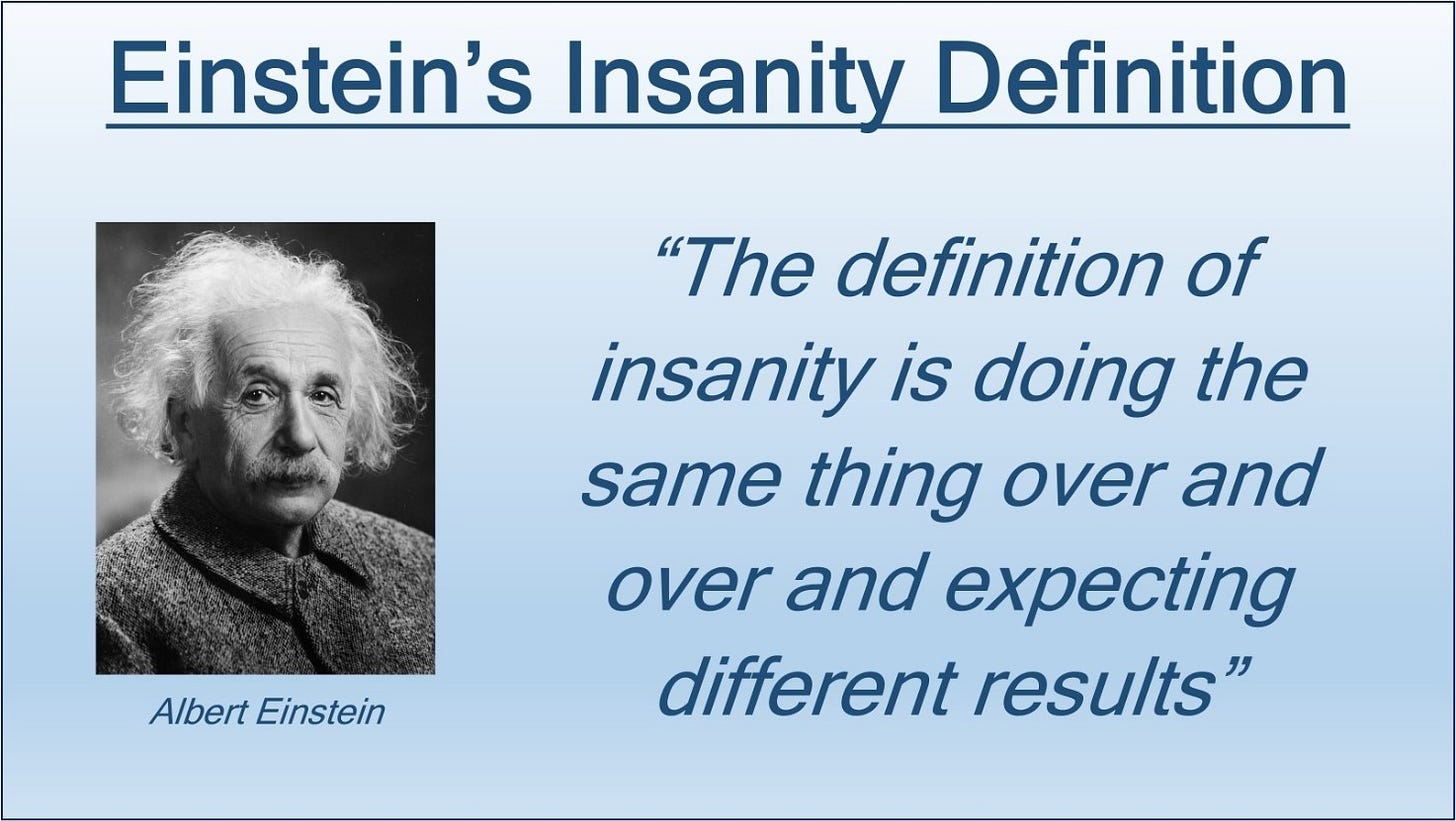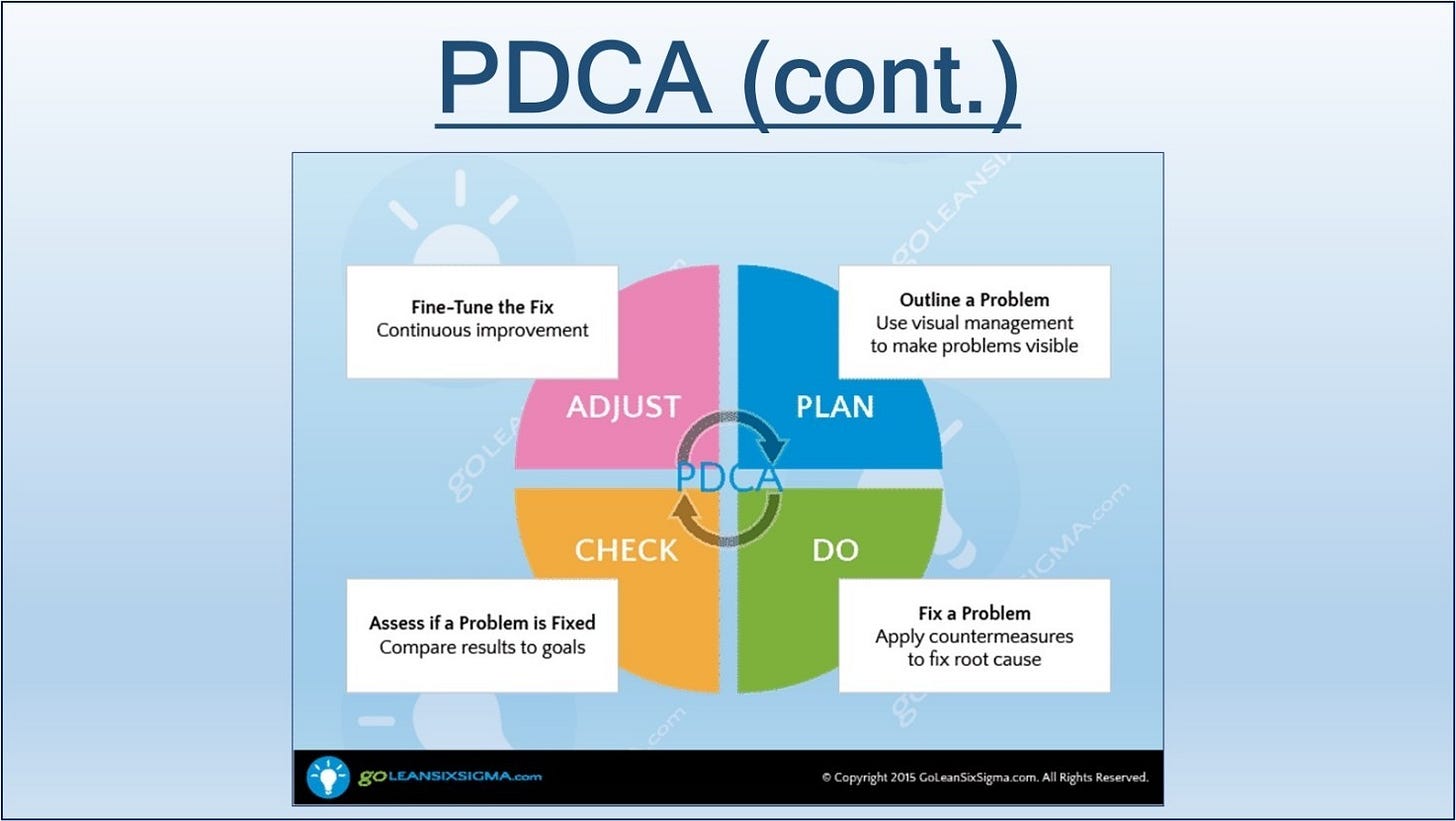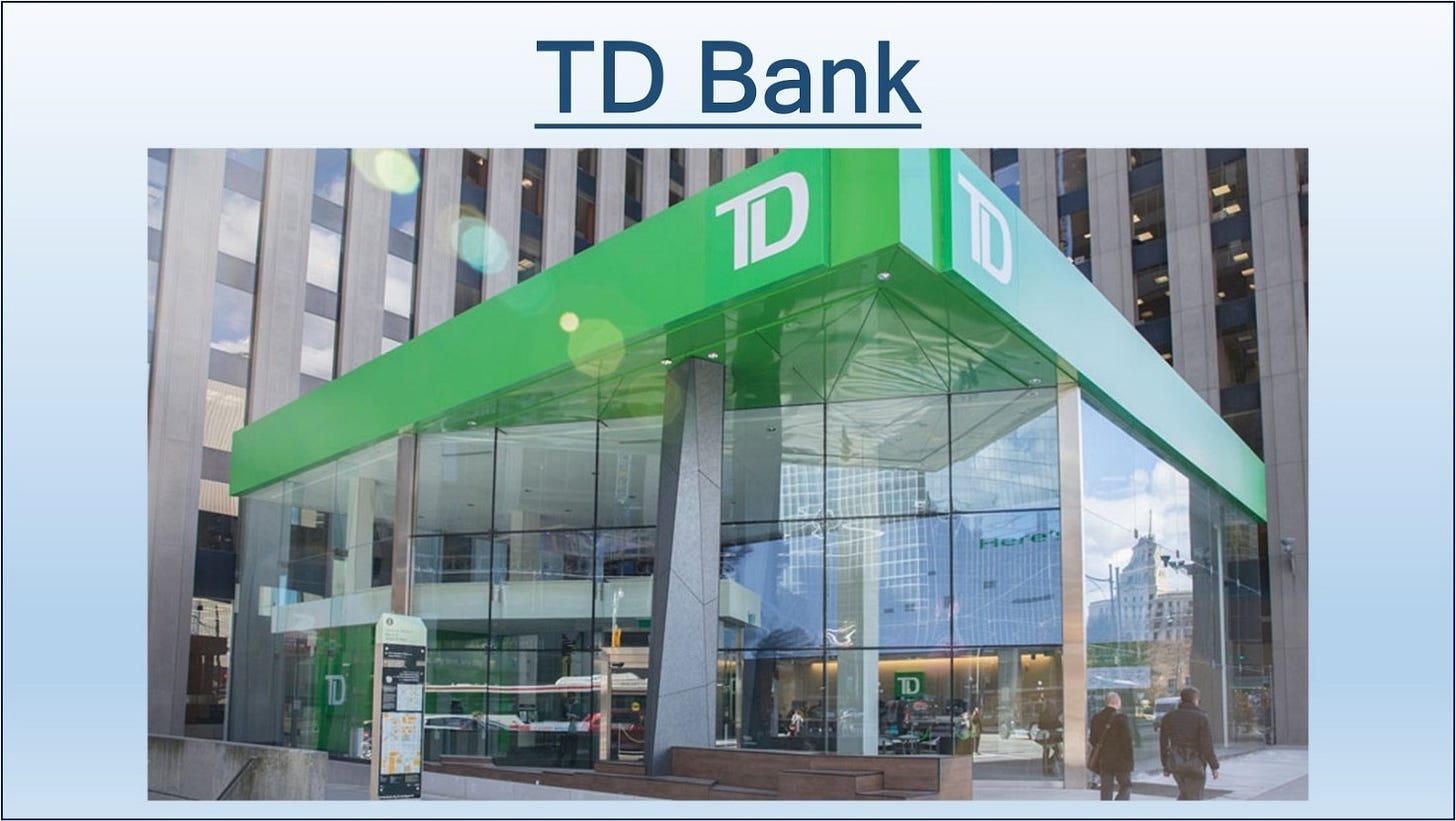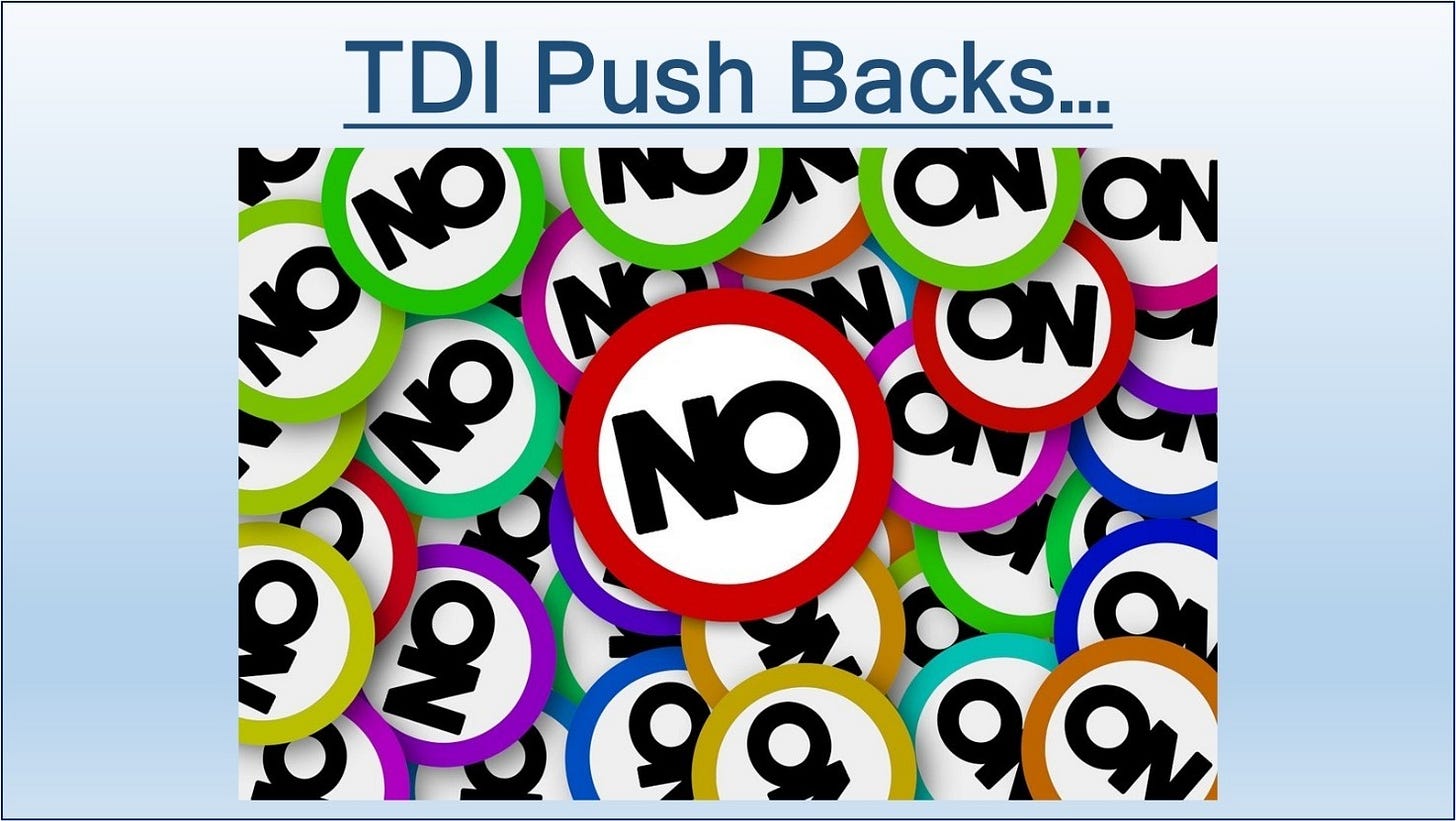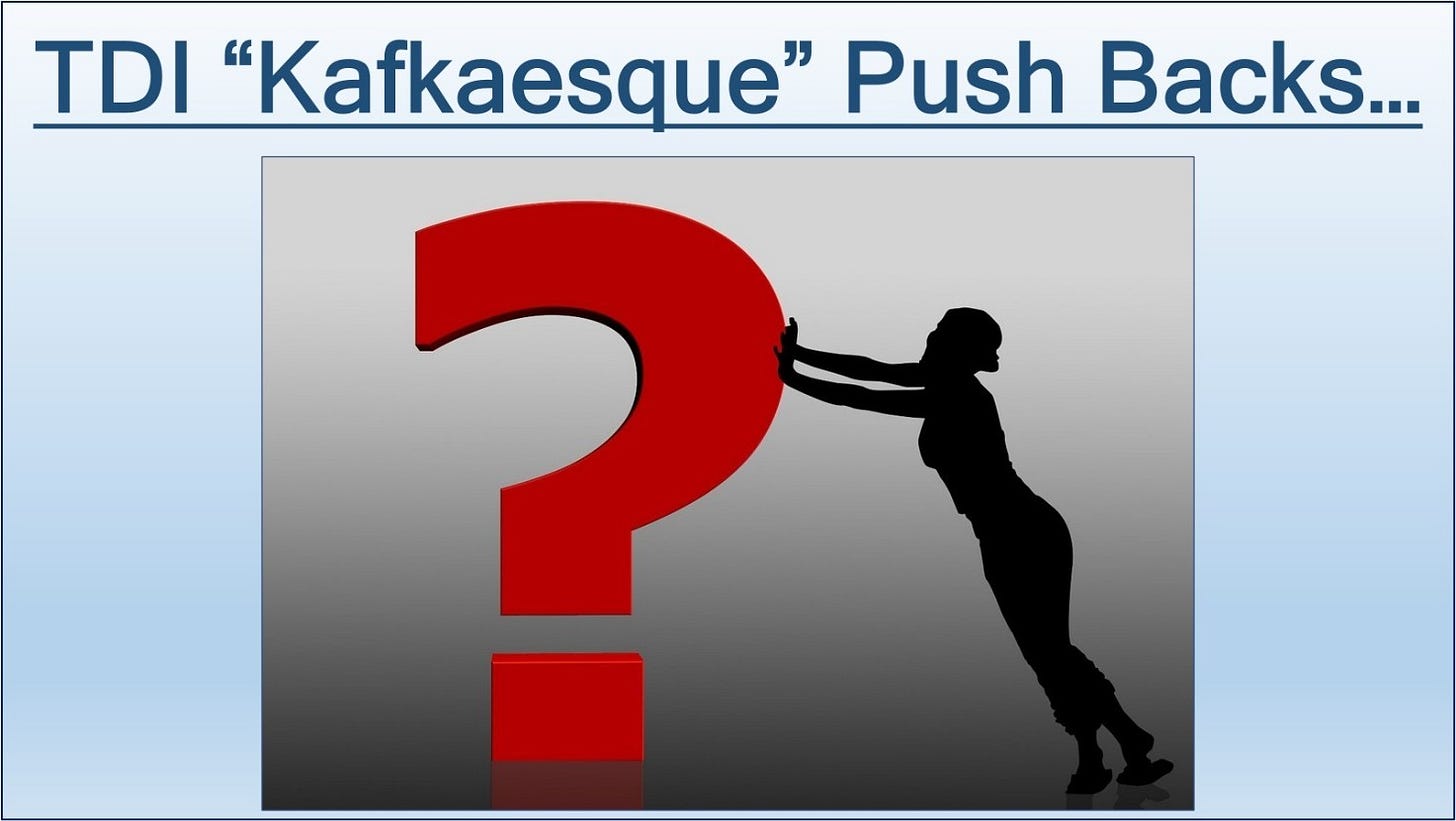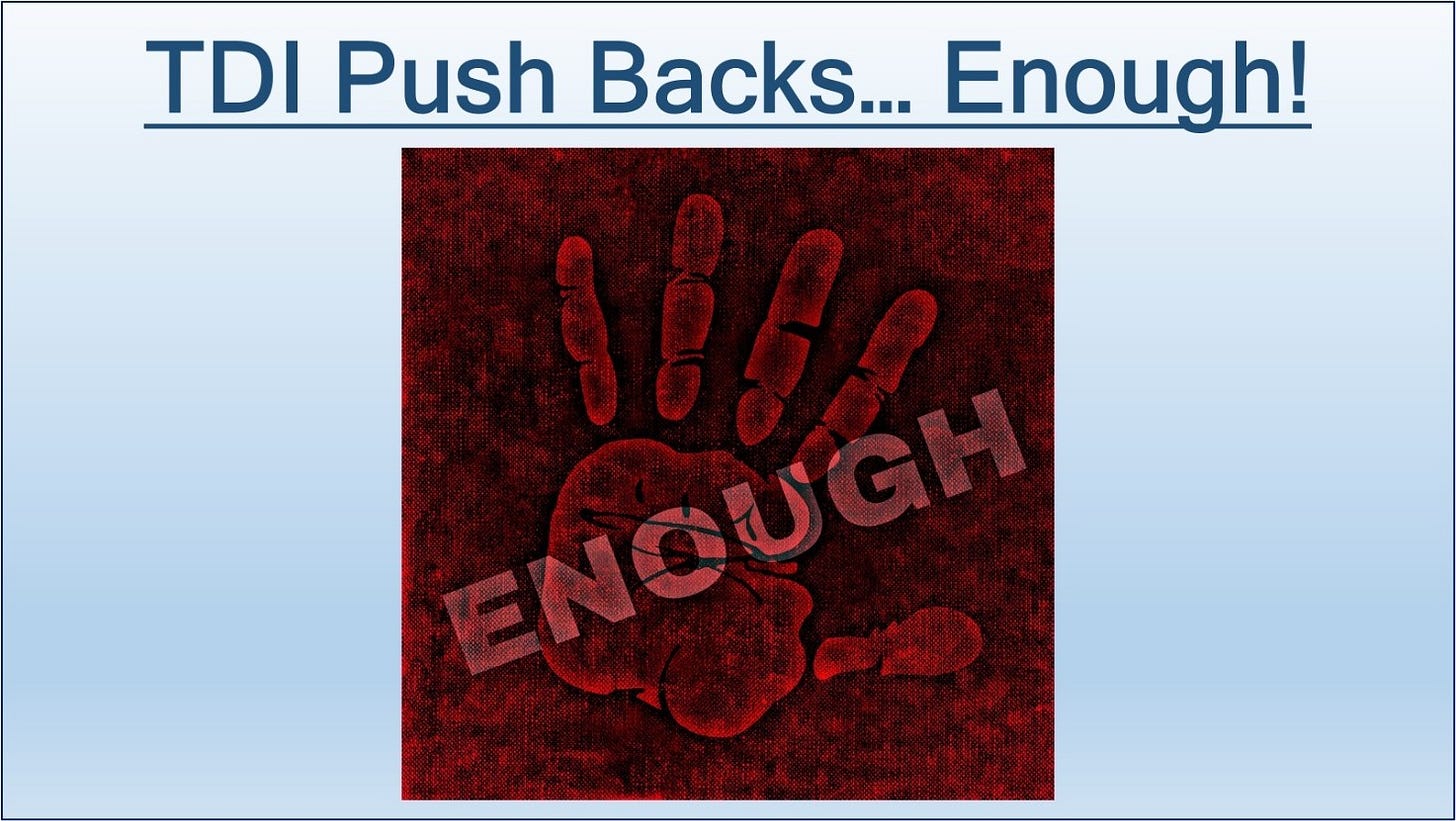SmartAB™ Wisdom #55: Why Some Industries Still Fail Total Quality Management (TQM) Objectives
According to https://goleansixsigma.com/tqm-aka-total-quality-management/: “TQM was an organizational approach developed in the late 80’s to create a culture of continuous improvement by focusing on customer satisfaction. The idea was that all levels and all members of an organization are responsible for improving its products, services and culture. Both Lean and Six Sigma build on the successes of TQM.” Need I repeat? CUSTOMER SATISFACTION!
Yet the sound Body Of Knowledge pertaining to the above was developed over the last… 100 years! So, why are airline industries and financial services supporting that industry not learning the TQM principles and falling so far behind?
Credit Card Trip Cancellation Insurance Guarantees Issued By The Banks
It goes without saying: a very important aspect of customer service is the guarantee. This is not new, and for the last 40+ years, it has become a foundation of TQM. So, why would the banks pick up the fights they can’t win and potentially face expensive lawsuits as a result of ignoring TQM?
A guarantee outlines the customer's rights. Bank clients understand that even with high-quality airlines, there are service failures. And this is why they rely on the guarantees offered by the banks. To design a process that ignores this fact is a form of denial, ignorance, or both...
The guarantee is both a design and an economic issue that must be addressed by all the banks before the first sale occurs. Trip cancellation guarantees should be designed prior to beginning business so that bank employees can be trained to implement the guarantee and marketing can advertise the guarantee properly. This is an important economic issue because of the sales potential that is created by a guarantee and the costs associated with fulfillment of the guarantee.
To be effective, a guarantee should be:
· Unconditional - no “small print” as anything else will make the guarantee worthless.
· Meaningful - to be meaningful, customer grievances must be fully addressed, and any financial loss must be fully recovered by the complainant.
· Understandable - the customer must be able to understand easily the parameters of the guarantee and how to achieve resolution quickly
· Communicable - the phrasing of a guarantee should resonate with the customer.
· Painless To Invoke - the customer must not be inconvenienced.
Microsoft’s Copilot is quick to point out: “Total Quality Management (TQM) is a management approach focused on continuous improvement in all aspects of an organization. It aims to enhance customer satisfaction by systematically refining processes, products, and services. TQM involves the participation of all employees, from top management to front-line workers, and emphasizes teamwork, leadership, and a strong customer focus. Key principles of TQM include:
Customer Focus: Understanding and meeting customer needs and expectations.
Total Employee Involvement: Engaging all employees in quality improvement efforts.
Process Approach: Managing activities and resources as processes to achieve desired outcomes.
Continuous Improvement: Constantly seeking ways to improve products, services, and processes.
Fact-Based Decision Making: Using data and analysis to guide decisions.
Strategic and Systematic Approach: Aligning quality management with the organization's strategic goals.
Once more: the CUSTOMER FOCUS is the first thing Copilot emphasizes… So, it is hard to imagine that some industries keep disregarding TQM repeatedly. This indicated a perfect fit for Einstein’s definition of Insanity: “Doing the same thing over and over and expecting different results.”
Still not convinced about the importance of TQM to Supply Chain Management (SCM)? Fortunately, you’re in luck. Although there are thousands of comprehensive textbooks describing TQM, goleansixsigma.com created a slew of great summaries highlighting the most prominent thinkers and thought leaders for you. For brevity, I will highlight only the “Grand-Daddy” of TQM – Edwards Deming…
The Grand-Daddy of Quality: Dr. W. Edwards Deming
“Dr. Deming is quite possibly the Great Great Grand-Daddy of Quality! It’s hard to sum up as incredible a force in the quality world as W. Edwards Deming. Among other things, he’s credited with helping Japan rise from the devastation of WWII to become the manufacturing juggernaut of the 1970s. His work in Japan caused U.S. business leaders to take note which led Dr. Deming to bring his philosophies and assistance back home. He’s also credited for the rise of the TQM or Total Quality Management movement.
Claims to Fame – What Did He Invent?
· The Deming Cycle:
· He championed Walter Shewhart’s PDCA
PDCA stands for Plan, Do, Check, Act (or Adjust) which is a process improvement cycle. W. Edwards Deming was mentored by another quality guru, Walter Shewhart during his work at Bell Labs. Dr. Deming was impressed with Mr. Shewhart’s improvement cycle but felt he could make it more accessible. The four Phases are characterized below:
He created the System of Profound Knowledge. The System of Profound Knowledge outlines Dr. W. Edwards Deming’s philosophy based on the view that all elements of an organization should work in concert together as an interdependent system. The four elements lay out a framework for managers to reduce costs while increasing quality, customer loyalty, worker satisfaction and, ultimately, profitability. Profitability isn’t last by accident. He firmly believed, and demonstrated, that if organizations focused on optimizing their interdependence first, the money would follow.
Below are the four key parts of the System of Profound Knowledge:
1. Appreciation for a System: Understanding the interconnectedness of the all the parts of a system. Process Maps are an excellent way of displaying who does what and how they all connect with each other.
2. Knowledge of Variation: Appreciating that no two things are alike and the goal is to reduce the range of variation over time. From his work with Walter Shewhart, he came to appreciate the Control Chart as a way of understanding variation in a process.
3. Theory of Knowledge: Understanding the system of improvement depends on continuous study. The Deming, or PDCA cycle provides a system of testing out theories about the system.
4. The Psychology of Change: Making sure everyone is aligned around a common purpose, answering the question, “why does this business exist?” and building on this shared identity to build ownership, motivation and joy around collaborating on positive organizational transformation.
In order to help leadership build Systems of Profound Knowledge, he came up with
Clarify Purpose: Create constancy of purpose toward improvement of product and service, with the aim to become competitive and to stay in business, and to provide jobs.
Lead the Change: Adopt the new philosophy. We are in a new economic age. Western management must awaken to the challenge, must learn their responsibilities and take on leadership for change.
Stop Inspection: Cease dependence on inspection to achieve quality. Eliminate the need for inspection on a mass basis by building quality into the product in the first place.
Don’t Focus on Price: End the practice of awarding business on the basis of price tab. Instead, minimize total cost. Move toward a single supplier for any one item, on a long-term relationship of loyalty and trust.
Pursue Perfection: Improve constantly and forever the system of production and service, to improve quality and productivity and thus constantly decrease costs.
Train On The Job: Institute training on the job.
Be Leaders: Institute leadership. The aim of supervision should be to help people and machines and gadgets to do a better job. Supervision of management is in need of overhaul, as well as supervision of production workers.
Don’t Rule by Fear: Drive out fear, so that everyone may work effectively for the company.
Remove Silos: Break down barriers between departments. People in research, design, sales and production must work as a team, to foresee problems of production and in use that may be encountered with the product or service.
Remove Targets: Eliminate slogans, exhortations, and targets for the work force asking for zero defects and new levels of productivity. Such exhortations only create adversarial relationships, as the bulk of the causes of low quality and low productivity belong to the system and thus lie beyond the power of the work force. Eliminate work standards (quotas) on the factory floor. Substitute leadership Eliminate management by objective. Eliminate management by numbers, numerical goals. Substitute leadership.
Allow Pride of Workmanship: Remove barriers that rob people in management and in engineering of their right to pride of workmanship. The responsibility of supervisors must be changed from sheer numbers to quality.
Abolish Merit Ratings: Remove barriers that rob people in management and engineering of their right to pride of workmanship. This means, inter alia, abolishment of the annual or merit rating and of management by objectives.
Offer Continuous Education: Institute a vigorous program of education and self-improvement.
Transform Together: Put everybody in the company to work to accomplish the transformation. The transformation is everybody’s job.
TQM At Canadian Airlines
To say that Canadian Air Passengers were dissatisfied with TQM at Canadian Airlines would be an… understatement. After years of complaints and a whole slew of new laws, there have been some recent updates to the Air Passenger Protection Regulations in Canada. These regulations aim to provide clearer and more consistent air passenger rights. Here are some key points:
These regulations came into effect in stages, with the latest amendments regarding refunds being enforced since September 8, 2022. The Act provides that airlines will have the following obligations to passengers in case of flight disruptions, depending on the level of their control over the situation:
TQM At Credit Cards Offering Flight Cancelations Insurance
Many credit card companies offer flight cancellation insurance as part of their travel insurance benefits. Here are some common features:
Trip Cancellation Insurance: Reimburses you for non-refundable, prepaid travel expenses if you need to cancel your trip before departure due to covered reasons like illness, severe weather, or other unforeseen circumstances.
Trip Interruption Insurance: Covers extra costs if you need to cut your trip short or return home earlier than planned due to covered reasons.
Coverage Limits: The amount of coverage and specific situations covered can vary by card. Some cards offer higher coverage limits or additional benefits like rental car insurance or emergency medical coverage.
I am not sure if credit card companies did get the TQM “memo” from the government, but based on my recent experiences, I am convinced that they have work to do in order to improve customer satisfaction…
As stated on TD Bank's website, TD Bank’s credit cards offer trip cancellation insurance that provides financial protection if a trip is canceled or interrupted for a covered reason. This insurance is available for the primary cardholder, their spouse, and dependent children.
In response, I emailed all the requested documents, and received the following reply from their Claim Assessor:
At this point, it is worth mentioning that my flight cancellation occurred in Sep 2024, and throughout Oct 2024, all the required information was submitted twice. I also called Global Excel and spoke to two different Claim Assessors. Both confirmed that they received all the requested information and that the assessment is progressing as scheduled.
This time, I didn’t mince words and expressed my displeasure in no uncertain terms. In response, the following email arrived from Global Excel:
Admittedly, I saw a lot of nonsense in my life before, but this one takes the cake. Millions of credit card holders are naively assuming that they can benefit from the comprehensive Flight Cancellation Insurance - which is not worth the paper it is printed on!
In Conclusion
I never believed in self-regulation. So, it wasn’t a huge surprise to receive the following reply from the Ombudsman for Banking Services and Investments (OBSI):
Well, the airlines tried to wiggle out from compensating the passengers for the delays and flight cancellations for years. Until the legislators stepped in and put it to rest – once and for all. Perhaps it is time for the banks to dust off their TQM policies and for the legislators… to examine the flight cancellation insurance offered by the banks.
To me, hiding behind obscure clauses is a classic example of pursuing “Penny Wise, Pound Foolish” strategies, and banks have the most to lose. This old idiom is described as follows on Merriam Webster: “careful about small amounts of money but not about large amounts —used especially to describe something that is done to save a small amount of money now but that will cost a large amount of money in the future.”
Need I remind TD of the meaning of brand reputation damage? It occurs when the perception of a brand by its customers, investors, employees, or the general public worsens due to either intentional or unintentional actions. This damage can significantly affect a company's earnings, trustworthiness, and overall image. Here are some common causes and results of brand reputation damage:
Causes:
Poor Customer Service: Negative experiences can quickly spread through word-of-mouth and social media.
Product Quality Issues: Defective products or recalls can lead to a loss of consumer trust.
Corporate Misconduct: Ethical breaches or illegal activities by executives can tarnish the brand.
Social Media Blunders: Inappropriate posts or responses on social media can lead to widespread backlash.
Cybersecurity Breaches: Data breaches can erode consumer confidence and trust.
Negative Publicity: Bad press from media coverage or online reviews.
Results:
Loss of Trust: Customers may switch to competitors, resulting in lost revenue.
Reduction in Stock Value: Investors may lose confidence, leading to a drop in stock prices.
Employee Morale: Negative perception of the brand can affect employee retention and morale.
Legal Consequences: Legal actions or fines resulting from corporate misconduct or breaches.
Marketing Costs: Increased need for marketing to rebuild and repair the brand's image.
So, perhaps a pat on the back for Global Excel is a bit premature, TD? Just a thought…
For More Information
Please see my other posts on LinkedIn, Twitter, Substack, and CGE’s website.
AI Boogeyman
You can also find additional info in my hardcover and paperback books published on Amazon:






